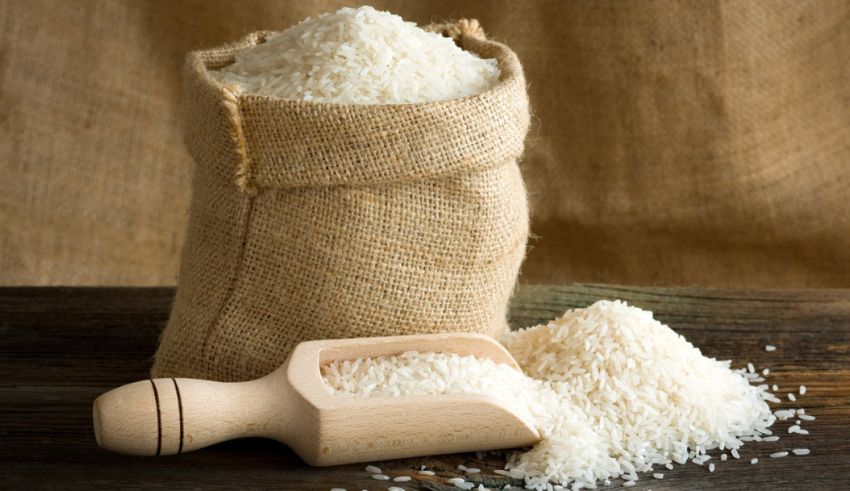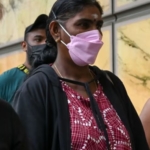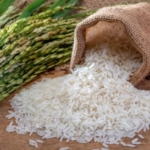
Due to India’s prohibition on the export of non-basmati rice, the largest rice exporter in the world, Singapore is currently concerned about its rice supply. As 17 per cent of Singapore’s total rice imports are non-basmati rice from India, this decision will substantially impact the city-state. To obtain a waiver from the export restriction and guarantee a steady supply of rice in the country, the Singapore Food Agency (SFA) is actively coordinating with Indian officials.
India’s consumer affairs and food ministry immediately banned the export of non-basmati white rice in response to rising domestic costs and to ensure enough supply for its population. A fifth of all the rice exported from India is of this specific kind. The restriction aims to reduce inflationary pressures and stabilise the local market. India accounts for more than 40% of all rice shipments worldwide, making it a significant player in the global rice industry. As a result, the embargo has sparked worries about possible food instability in nations that rely mainly on imports of Indian rice.
Like many other countries, Singapore imports rice from India to satisfy the dietary demands of its people. Before the prohibition, India supplied around 40% of Singapore’s imported rice, making it an essential trading partner for rice. About 17% of Singapore’s total rice imports are non-basmati rice from India, subject to an export prohibition. The Singapore Food Agency (SFA) is concerned about this situation since it jeopardises the nation’s food security and affordability.
Keep Reading
Singapore’s Efforts to Address the Rice Supply Issue
The Singapore Food Agency has taken several actions to lessen the effects of India’s export prohibition on non-basmati rice on the nation’s food supply:
- SFA is negotiating an exemption from the export restriction on non-basmati rice with Indian authorities. By doing this, Singapore hopes to protect its rice supply and prevent shortages or price increases due to the prohibition.
- Rice Source Diversification: In response to the embargo, the SFA is collaborating closely with rice importers to increase the importation of numerous rice varieties from different nations. Singapore wants to lessen its reliance on one supplier and increase supply resilience by diversifying its sources for rice imports.
- Rice Stockpile Scheme: Singapore has a rice stockpile program that mandates rice importers keep a reserve stockpile equal to double their monthly imports. This preventative approach aids in maintaining a consistent supply of rice on the market even when there are hiccups.
- Encouragement of Consumer Flexibility: During the supply disruption, the SFA calls for consumers to exercise flexibility and adaptability. In the event of shortages, consumers should consider substituting rice kinds or carbohydrate sources.
India is a significant supplier of rice to Singapore; hence the country’s food security is at stake as a result of the country’s export prohibition on non-basmati rice. To maintain a steady rice supply, the Singapore Food Agency is aggressively attempting to obtain an exception to the ban and diversify its rice imports from different sources. The organisation recommends people be flexible with their food choices in supply shortages. Singapore expects that by taking these steps, the export ban’s potential effects will be lessened while still ensuring a consistent rice supply.
























